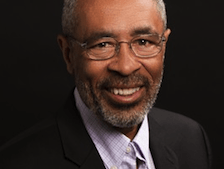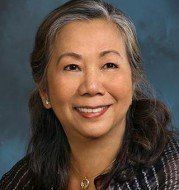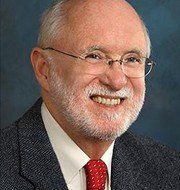Meet the experts behind our corporation
Our Principals
Meet our principals who make it all happen. Our leadership team reflects a group of diverse individuals with breadth and depth of experience spanning the globe.
.
Our Guiding Principles
Alliance Partners
Alliances are collaborative arrangements where Global Networks and our respective alliance partners combine our strengths to achieve compatible objectives while we retain our respective institutional identities. We are able to capitalize on the strengths of each of our collaborating institutions. On a case-by-case basis, we agree to have share responsibility and share risks and rewards for the development and execution of a particular program or service.
Collaborative projects are reciprocal whereby our alliance partner also benefits while providing services. Partners provide local contacts and links to local communities/stakeholders who may be critical to the success of a specific program we want to launch or implement.
Global Networks has joined forces with several alliance partners to expand our expertise and be able to handle a wide range of global issues.
We have access to consultants who come from our alliance partners.




